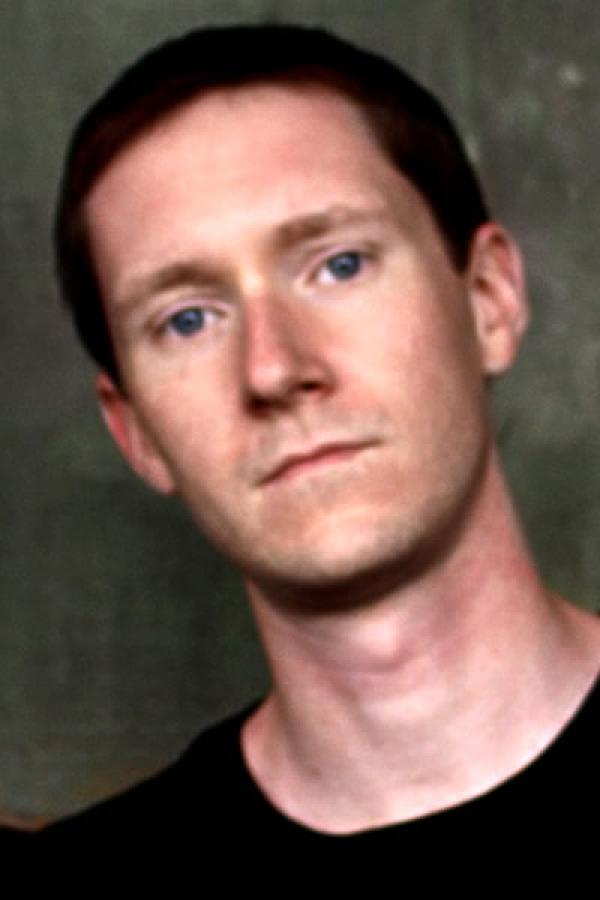Brandon Lussier

Photo courtesy of Brandon Lussier
Bio
Brandon Lussier's poems and translations have been published in Harvard Review, The Columbia Review, Drunken Boat, Circumference, Copper Nickel, and elsewhere. His translation work has been anthologized in New European Poets and A Sharp Cut: Contemporary Estonian Poetry, and was reviewed in the Boston Review. He has spoken about literary translation at Princeton University and the American Literary Translators' Association and is a former creative writing Fulbright Scholar and the recipient of a Javits Fellowship in poetry. He was a finalist for the 2011 Discovery/Boston Review prize for Poetry.
Translator's Statement
Estonian poets have had fewer American poets with the interest and language skills to translate their work into English than the poets of many other European and Eastern European countries. This may in part explain why readers of poetry in the United States can typically name a couple of major twentieth-century Polish poets, a few German poets, and some who wrote in French and Italian, but none from Estonia or the other Baltic states.
It is wonderful to have the support of the National Endowment for the Arts to translate a selected edition of Hasso Krull's poems. If I succeed, it will be one small but important step toward raising awareness of Estonia's literature and increasing the accessibility of Estonian poetry to English readers. It is a task that I take seriously and approach with great joy.
"There is no snow" by Hasso Krull
[translated from Estonian]
January
is the color of a Japanese screen,
a pine tree with grass,
the Momoyama period.
A brief era,
barely more than forty years --
but modern Japan emerged.
There was war in Estonia,
the early Swedish period.
where is the snow now? I know.
It went into the ground to join
pine roots, grass roots, the roots
of tsunamis.
War happens on the ground.
We are in the middle of it. Strange,
we don't want to leave.
(Originally published in Water-Stone Review)
About Hasso Krull
Hasso Krull (b. 1964) is one of the most important writers and thinkers to emerge from Estonia since the country regained independence in 1991. He is among the first generation of Estonian poets whose work has benefited from extremely broad access to world literature. His poetry is strongly rooted in the Estonian landscape, but reaches beyond regional concerns. Although he is attentive to the details of modern life in contemporary Estonia, he has a wide range of influences, from Derrida and Foucault to the oral tales of the Seto people of southern Estonian and the trickster tales of the Winnebago people of North America. Crafted with a light hand, Krull's work seems straightforward and accessible at first, but has a remarkable depth and availability for interpretation through close study. In recent years, mythologies, creation stories, and cosmology have all exerted a strong influence on his work.
(Originally published in Water-Stone Review)

